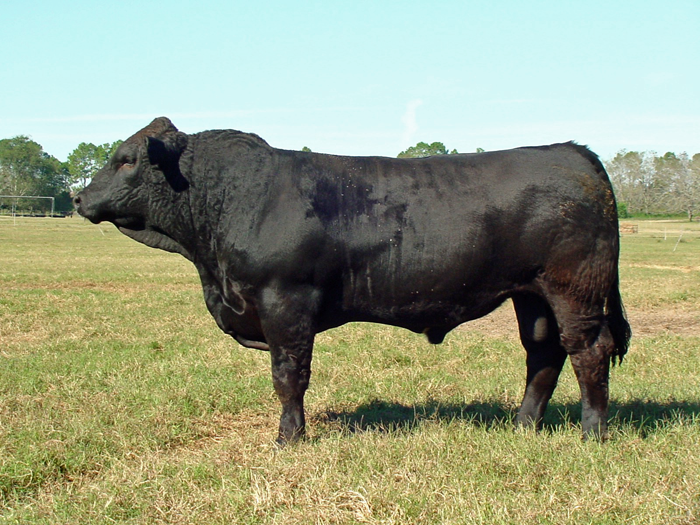By Cliff Lamb,UF/IFAS Beef Reproduction Specialist

The nomination deadline for registered breeders wishing to consign bulls to the Florida Bull Test is June 15, 2015. The Florida Bull test is hosted at the University of Florida North Florida research and Education Center (NFREC) in Marianna, FL.
For the 16th year, the North Florida Research and Education Center (NFREC) will be hosting the Florida Bull Test. Consignors may download the Nomination form from the Florida Bull Test Website. Bulls must be born between August 15 and December 31, 2014. There will be a limit of 120 bulls for the test. In the event that more than 120 bulls are consigned to the FL Bull Test, the following criteria for bulls accepted will be: a) sire-group testing of bulls is more desirable than individual testing, because it provides more information to both breeders and prospective buyers; therefore, they will receive preference; b) preference will be given to breeders/consignors that are members of the Florida Cattlemen’s Association; and, c) based on the order in which nominations are received.
The primary purpose of the Florida Bull Test is to serve as an educational aid for the improvement of beef cattle. The test aims to: 1) provide the commercial cow/calf producer a source of bulls that have been gain tested, that were thoroughly evaluated at the same location, and that have passed stringent health requirements; 2) provide an opportunity for seed stock producers to advertise their breeding programs through testing and marketing bulls; and 3) promote awareness and understanding of the latest animal breeding concepts and tools while showcasing superior beef cattle genetics in Florida. The test standardizes environmental conditions for evaluating postweaning performance. In doing so, it provides useful records for bull consignors to better evaluate breeding programs and creates a local source of performance-tested bulls.
In addition to the nomination deadline, other important dates are as follows: July 28, 2015 – delivery date; August 18, 2015 – Test begins; December 9, 2015 – Test ends; January 16, 2016 – FL Bull Test Sale.
Source:ufl.edu